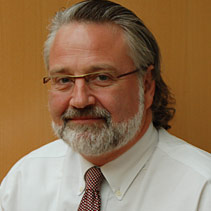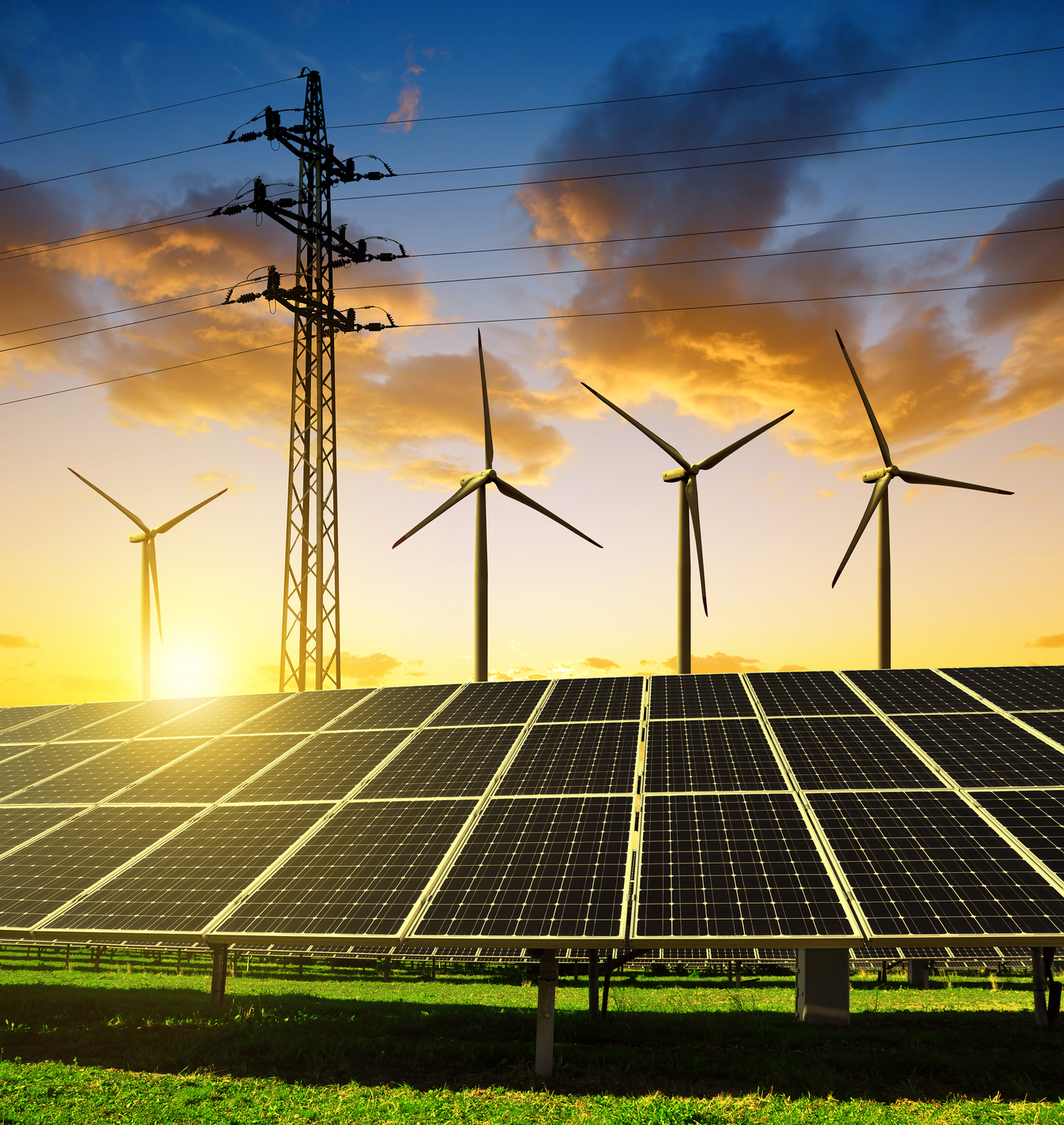Humanity is in dark, uncharted territory. We have never faced a planetary crisis the magnitude of today’s accelerating climate change, nor have we ever contemplated a global undertaking as comprehensive as what will be necessary to avert climatic upheaval. Basically, we—some 200 countries of the world with wildly varying governance, cultures, and economic interests—must collectively overhaul global systems that took centuries to create and now underpin all we prize as “development” and “progress.”
The United Nations’ Intergovernmental Panel on Climate Change (IPCC) report released in October lays out, in stark detail, a diagnosis: that the world cannot ignore and cannot beat climate change without urgent and extreme alterations to its fundamental infrastructure. So it is no wonder the world is overwhelmed and floundering in its efforts to slow climate change.
There is good news, however. Humanity appears to be slowly grasping the inevitability of changing course. Recent surveys show that growing percentages of even the staunchest climate change skeptics believe global warming threatens their way of life and that greenhouse gas emissions should be curbed.
MacArthur’s Climate Solutions Big Bet supported notable strides toward addressing this unparalleled challenge, but now is not the time to pat ourselves on the back. Given the speed at which climate change is cascading toward the irreversible, we need to recalibrate accordingly, knowing that our strategy going forward must be as unprecedented as the problem at hand.
In a joint op-ed in TIME, MacArthur President Julia Stasch and Chris Crane, CEO of Exelon Corporation, the largest operator of nuclear power plants in the United States, called for the energy industry and environmental advocates to work together to curb climate change by bringing all solutions to the table.
Indeed, it is time to invest in bringing together leaders of the fossil fuel, energy, insurance, finance, credit ratings, and transportation industries with climate scientists, geoengineering specialists, and environmental advocates for no-holds-barred discussions about what strides and sacrifices must be made by 2030 to avert planetary catastrophe. All parties—including ourselves—must set aside “sacred cows” to come to terms with what is possible, what is not, and what consequences half measures will bring. Denial and bargaining can no longer be allowed to stand as a substitute for acceptance and action.
The Foundation is focusing its efforts on China, the United States, and India—the world’s top three greenhouse gas emitters. Going forward, the climate community must also engage with Australia, Brazil, and Russia to prevent a mutiny from the Paris Agreement led by the unfortunate example of the announced U.S. pullout. While the Paris Agreement can neither dictate nor demand action, it will continue to be invaluable in coalescing global commitment to slowing climate change.
Despite significant climate change mitigation efforts by sub-national governments and the private sector in the wake of the federal retreat from climate action, the world cannot sufficiently decarbonize without the force of national governments. In the absence of national mandates to phase out use of fossil fuels, expansion of renewable energy and zero-emissions vehicles may do too little to reduce man-made greenhouse gas emissions. For example, while coal power in China—the world’s largest user of renewable energy—makes up a decreasing percentage of the country’s energy mix, its coal use is still increasing because population and economic growth have increased overall energy demand.
The IPCC’s report did not immediately spur the world to decarbonize. However, since its release, new points of leverage have emerged for catalyzing the dramatic paradigm shifts needed to spare the world from increasingly volatile and hostile weather and from sea rise that threatens to force hundreds of millions of people to migrate inland.
There are additional and increasing economic realities that demand action. Insurers and governments are struggling to keep up with climate damage in affected regions; oil and gas companies are increasingly seen as risky investments; oil-and-gas-exporting nations must diversify their economies to withstand the pressures; and coal-generated electricity is becoming more scarce and more expensive.
"By 2020, coal will be gone from most of the country and concentrated in a handful of states," said Bruce Nilles, who led the MacArthur-supported Beyond Coal campaign at the Sierra Club from 2012 to 2018. "The way to make progress in the remaining states is to make the cold, hard economic case to regulators and customers that the high cost of coal-generated electricity is not good for business."
New York’s attorney general has also filed what could prove to be a landmark lawsuit against ExxonMobil, charging that the company defrauded shareholders by misleading them about risks to the company’s bottom line from climate change mitigation. Analysts at the Institute of Energy Economics and Financial Analysis called the case “a stark indication of just how risky investing in oil and gas companies has become” and pointed out that sophisticated investors today are treating oil and gas companies as speculative investments.
New examples come to light daily of a world finally coming to terms with the planet’s climate emergency and taking real action to avert what could be an incomprehensible cataclysm. Those efforts need to continue, and to accelerate, if the world is to stem the damage done.
Climate Solutions grantmaking›
Climate Solutions strategy ›
Other Directors' Reflections ›




